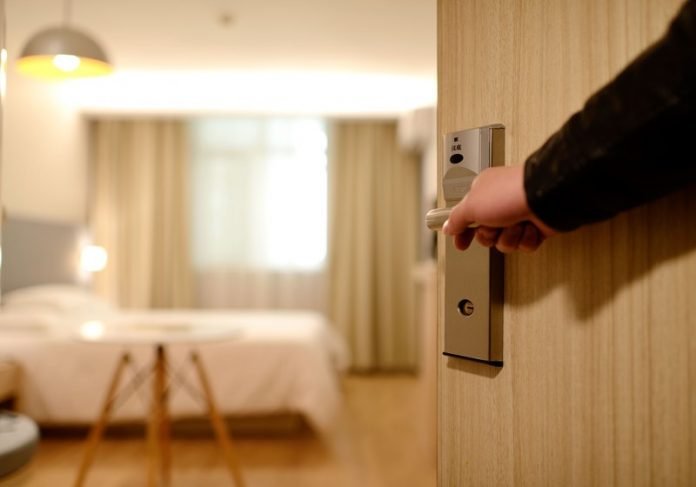
I am a retired infectious disease epidemiologist at the Yale School of Public Health and am concerned about the lack of information on what individuals can do to help prevent coronavirus infection.
At age 75, I am at high risk for acquiring influenza virus and my partner, also in her 70s, has a chronic lung condition which could threaten her life if she becomes infected.
I have given a lot of thought about what I can do to minimize my chances of becoming infected with influenza virus, and I have adopted several personal practices that are now routine.
There is no time to conduct studies on how effective these might be for preventing coronavirus, but both viruses have similar modes of transmission and these are common sense, simple practices that people can use to protect themselves and others.
Wash your hands at every opportunity with soap and warm water for the recommended 20 seconds.
I have observed that most people simply rinse their hands for a few seconds in restrooms, which is not effective in removing viruses. Twenty seconds is the minimum.
Avoid handling money. That dollar bill that you get for change could have been in the hands of an infected person just moments before it is placed in your hand.
I use credit cards for everything possible, even a cup of coffee.
When a signature is required, I carry my own pen and never use the same pen that others have already used. I use only the back of my fingernail to scribble a signature on a pad.
Use your left hand (if right handed) to open doors and avoid using door knobs entirely whenever possible.
Use only a knuckle to push an elevator button and other common push devices. Your little finger knuckle is least likely to be used on your face.
Avoid using hand rails unless you are falling. It is common to see people sliding their hand along the rail as they use the steps. Think about how many people have coughed or sneezed before using that same railing.
Carry and use a hand sanitizer liberally when in meetings and public places, avoid sharing papers and objects that others have touched.
Hold your breath immediately if someone around you sneezes or coughs and then distance yourself by 6 feet.
If someone behind you in a line sneezes or coughs, let them in front of you.
These are common sense precautions that you can adopt immediately and make habitual so they happen without thinking about it.
Combined with social distancing precautions recommended by the Centers for Disease Control and Prevention, these personal precautions can add an important additional layer of protection.
Stay healthy and stay well.
Written by Durland Fish.
Durland Fish, Ph.D. is an Emeritus Professor at the Yale School of Public Health.



